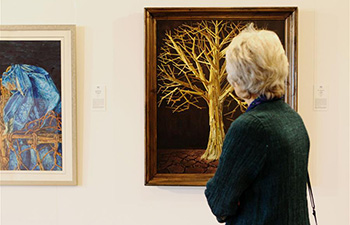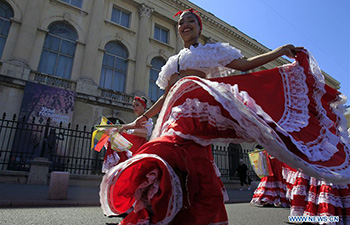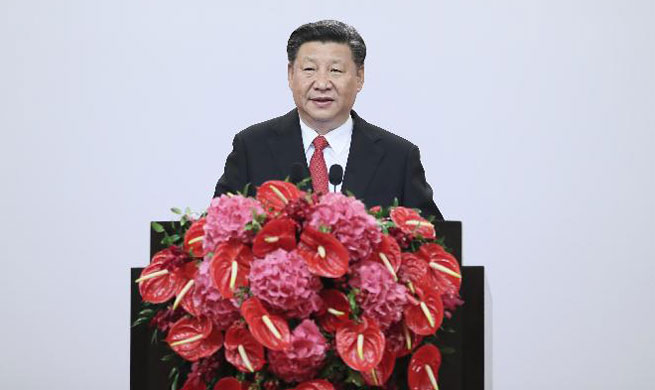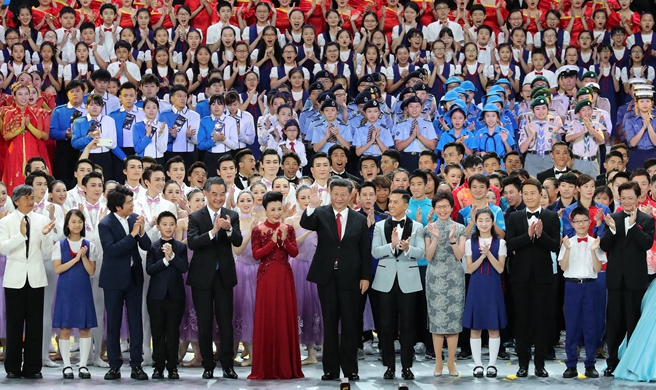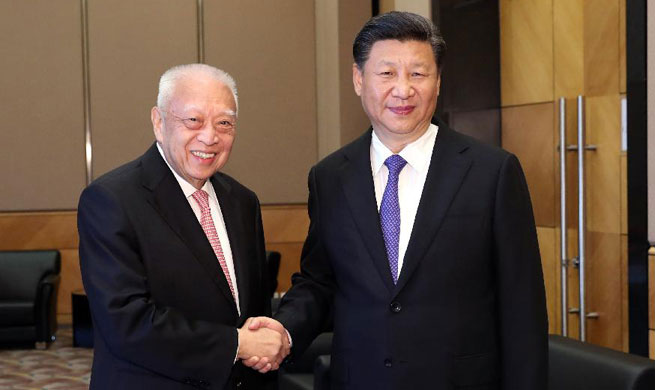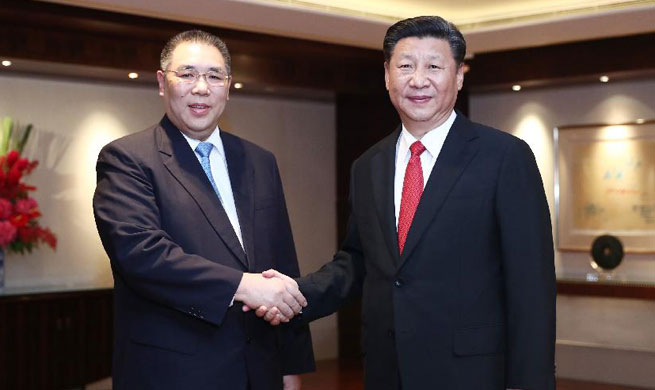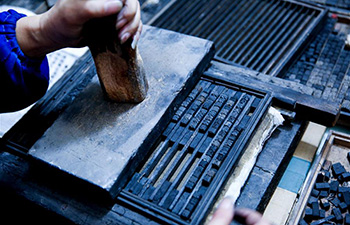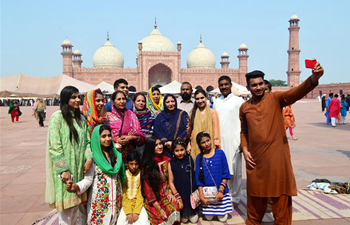BEIJING, July 1 (Xinhua) -- Though her work schedule is always busy, You Hongwen, a cellist from Taiwan, makes time for her studies. She is currently completing a three-year course at Hope Traditional Chinese Medicine (TCM) School in Beijing.
"TCM is more than just therapy, it is a way to learn more about yourself," said You.
She travels to Beijing every two weeks to join her classmates for a weekend of classes at the school. They also study online during the week.
Classes begin at 9:00 a.m. with Kungfu, a Chinese martial art, then the students study ancient medical literature and practise acupuncture techniques, which involve inserting thin needles into a patient's body at exact points that can relieve pain and ease the symptoms of many ailments.
"The school employs over 20 teachers with medical licenses and ten doctors work at its clinic," said Xu Wenbin, founder of the Hope TCM School.
Founded in 1999, the school offered the three-year course for the first time in 2009. Enrollment is capped at 96 students to ensure a high standard of teaching.
Xu said that Hope uses various approaches to attract more people to study the traditional practices. Five of the school's teachers will conduct a ten-day course in Japan this month, to increase knowledge of TCM outside China.
In addition, Xu previously hosted a radio show interpreting the Huangdi Neijing, or Inner Canon of the Yellow Emperor, the fundamental doctrinal text for Chinese medicine for more than two millennia.
The show attracted over three million listeners on Lizhi FM, a popular Chinese radio platform.
Hope TCM School also has a public account on China's messaging app WeChat, offering a free subscription service that enables its 2,700 followers to discuss their cases online and seek professional advice.
TCM is seen by many as a Chinese national treasure due to its unique theories and practices, such as herbal medicine, acupuncture, massage and nutritional components.
China hopes to revive this ancient knowledge and a revised law on TCM came into force Saturday.
The legislation will help to protect TCM and tackle the shortage of health resources in China, said Chen Luojia, head of China Association of Research and Development of Traditional Chinese Medicine.
Fuelled by continued innovation, TCM has gained growing momentum in China. By the end of 2016, 45 TCM research projects had won national scientific and technological awards.
The new law puts TCM and Western medicine on equal footing in China,with each learning from and complementing the other. In 2016, over 3.42 billion U.S. dollars in TCM products were exported to 183 countries or regions.




